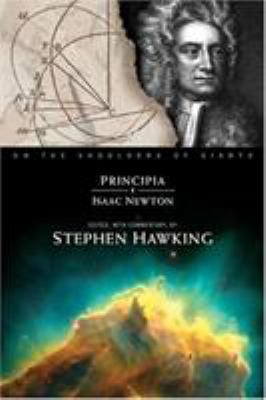All Formats & Editions
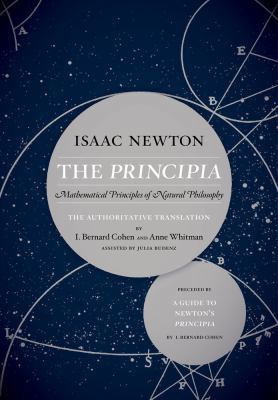
The Principia: The Authoritative Translation an...
In his monumental 1687 work, Philosophiae Naturalis Principia Mathematica, known familiarly as the Principia, Isaac Newton laid out in mathematical terms the principles of time, force, and motion that have guided the development of modern physical science. Even...
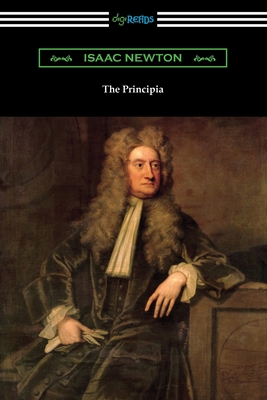
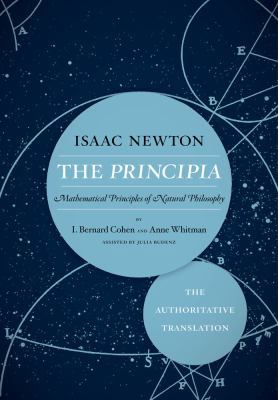
The Principia: The Authoritative Translation: M...
In his monumental 1687 work, Philosophiae Naturalis Principia Mathematica , known familiarly as the Principia , Isaac Newton laid out in mathematical terms the principles of time, force, and motion that have guided the development of modern physical science. Even after more than...
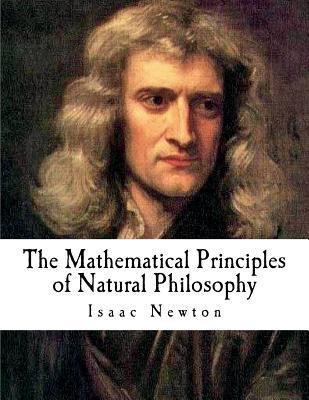
The Mathematical Principles of Natural Philosop...
The Mathematical Principles of Natural Philosophy: Philosophiae Naturalis Principia Mathematica by Isaac Newton and translated into English by Andrew Motte. Philosophi Naturalis Principia Mathematica (Latin for Mathematical Principles of Natural Philosophy), often referred to...
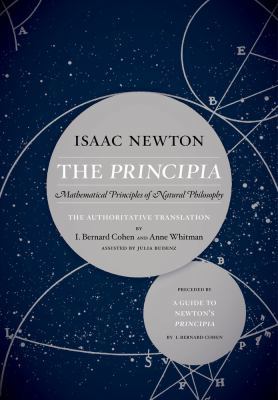
The Principia: The Authoritative Translation an...
In his monumental 1687 work, Philosophiae Naturalis Principia Mathematica , known familiarly as the Principia , Isaac Newton laid out in mathematical terms the principles of time, force, and motion that have guided the development of modern physical science. Even after more than...
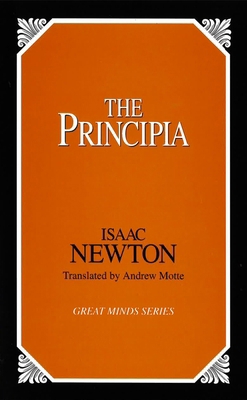
The Principia
Sir Isaac Newton's Principia Mathematica (Mathematical Principles) is considered to be among the finest scientific works ever published. His grand unifying idea of gravitation, with effects extending throughout the solar system, explains by one principle such diverse phenomena...
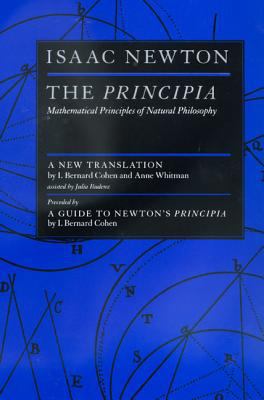
The Principia : Mathematical Principles of Natu...
In his monumental 1687 work Philosophiae Naturalis Principia Mathematica, known familiarly as the Principia, Isaac Newton laid out in mathematical terms the principles of time, force, and motion that have guided the development of modern physical science. Even after...
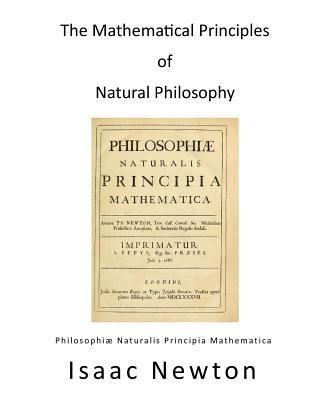
The Mathematical Principles of Natural Philosop...
The Mathematical Principles of Natural Philosophy Isaac Newton Translated into English by Andrew Motte Referred to as simply the Principia, is a work in three books by Isaac Newton, in Latin, first published 5 July 1687. After annotating and correcting his personal copy of the...

The Principia: The Authoritative Translation: M...
In his monumental 1687 work, Philosophiae Naturalis Principia Mathematica, known familiarly as the Principia, Isaac Newton laid out in mathematical terms the principles of time, force, and motion that have guided the development of modern physical science. Even...
![Philosophiae Naturalis Principia Mathematica (L... [Latin] 1781394962 Book Cover](https://i.thriftbooks.com/api/imagehandler/l/F265610A645952FD0A992B8BA73960C76F548711.jpeg)
Philosophiae Naturalis Principia Mathematica (L... [Latin]
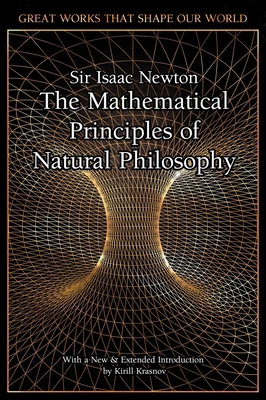
The Mathematical Principles of Natural Philosophy
Mathematical Principles of Natural Philosophy, often known as the Principia, is one of the most important scientific works ever to have been written and has had a profound impact on modern science. Consisting of three separate books, the Principia states...
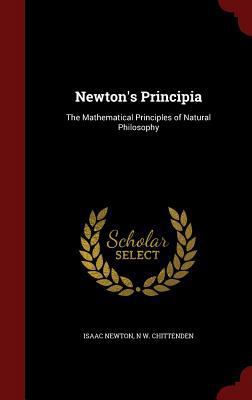
Newton's Principia: The Mathematical Principles...
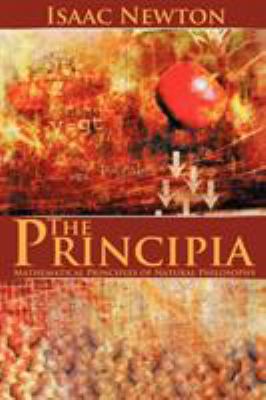
The Principia: Mathematical Principles of Natur...
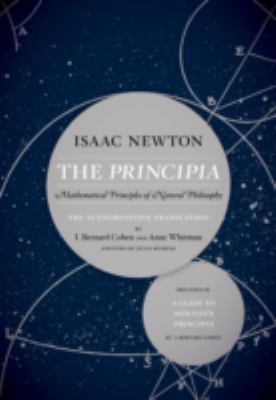
The Principia: Mathematical Principles of Natur...
In his monumental 1687 work Philosophiae Naturalis Principia Mathematica, known familiarly as the Principia, Isaac Newton laid out in mathematical terms the principles of time, force, and motion that have guided the development of modern physical science. Even after...
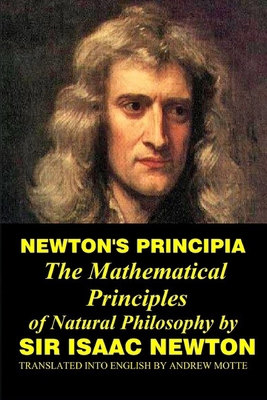
Newton's Principia: The Mathematical Principles...
It was Isaac Newton's Principia that founded the law of universal gravitation on 5th July 1687. It is the same principia that inspired Albert Einstein into formulating the Einstein field equations (the general relativity theory). It is still the same principia, I believe, will...
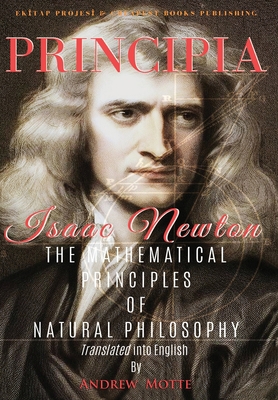
Principia: The Mathematical Principles of Natur...
Philosophi Naturalis Principia Mathematica (Latin for Mathematical Principles of Natural Philosophy), often referred to as simply the Principia, is a work in three books by Isaac Newton, in Latin, first published 5 July 1687. After annotating and correcting...
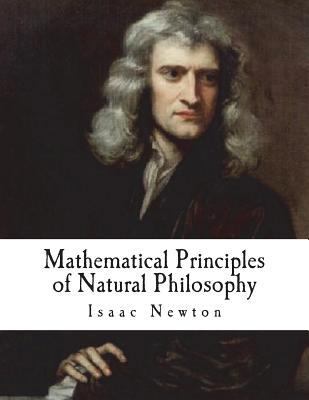
Mathematical Principles of Natural Philosophy: ...
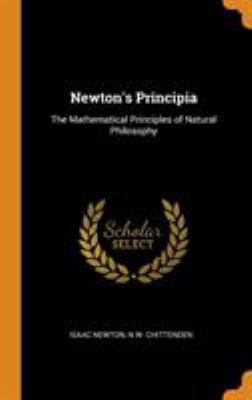
Newton's Principia: The Mathematical Principles...
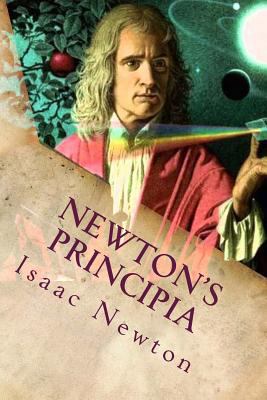
Newton's Principia: The Mathematical Principles...
Mathematical Principles of Natural Philosophy, often referred to as simply the Principia, is a work in three books by Isaac Newton, in Latin, first published 5 July 1687. The Principia states Newton's laws of motion, forming the foundation of classical mechanics; Newton's law...
![Mathematische Principien Der Naturlehre [German] 1015592619 Book Cover](https://i.thriftbooks.com/api/imagehandler/l/358F11947C0402B600EFF219EC2D0C3E249CD2AC.jpeg)
Mathematische Principien Der Naturlehre [German]
This work has been selected by scholars as being culturally important, and is part of the knowledge base of civilization as we know it. This work is in the "public domain in the United States of America, and possibly other nations. Within the United States, you may freely...
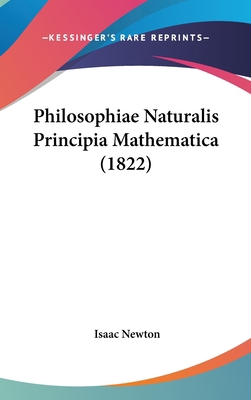
Philosophiae Naturalis Principia Mathematica (1...
![Philosophiae Naturalis Principia Mathematica (L... [Latin] 1603863796 Book Cover](https://i.thriftbooks.com/api/imagehandler/l/71FEBBF65820DDAADBA5A697B4CD30C1EF5FD40A.jpeg)
Philosophiae Naturalis Principia Mathematica (L... [Latin]
![Philosophiae Naturalis Principia Mathematica (1... [Latin] 1164270087 Book Cover](https://i.thriftbooks.com/api/imagehandler/l/808DF3842610AEED99E81D8C406EEB43AB8A6F1F.jpeg)
Philosophiae Naturalis Principia Mathematica (1... [Latin]
Philosophiae Naturalis Principia Mathematica (Mathematical Principles of Natural Philosophy) is a book written by the English mathematician and physicist, Sir Isaac Newton. First published in 1687, it is considered one of the most important works in the history of science. The...
![Philosophi? Naturalis Principia Mathematica (Cl... [Latin] 0259164194 Book Cover](https://i.thriftbooks.com/api/imagehandler/l/9C8DAE47F8F72FCBF665265432D5EBBAB5BE20B0.jpeg)
Philosophi? Naturalis Principia Mathematica (Cl... [Latin]
